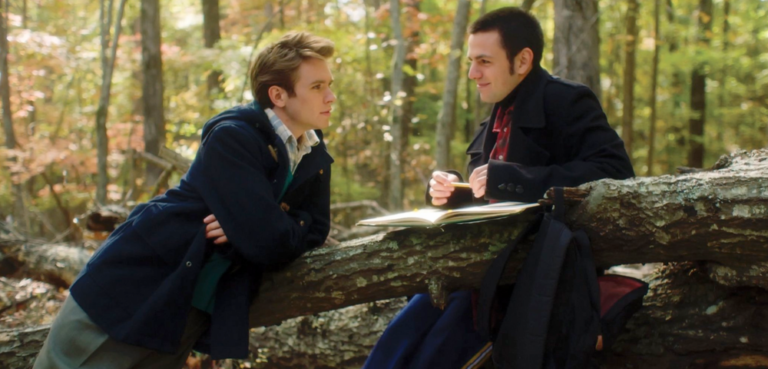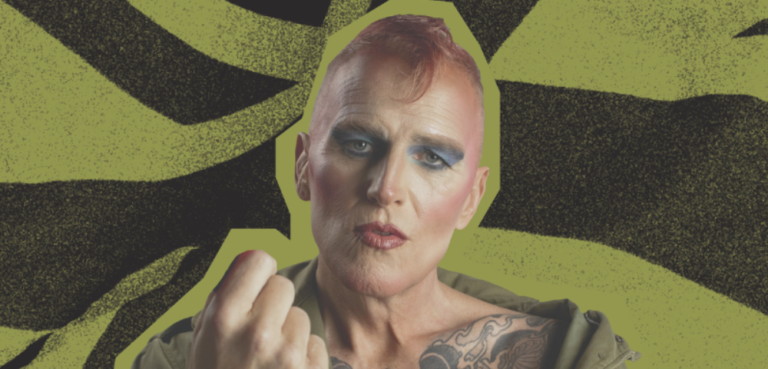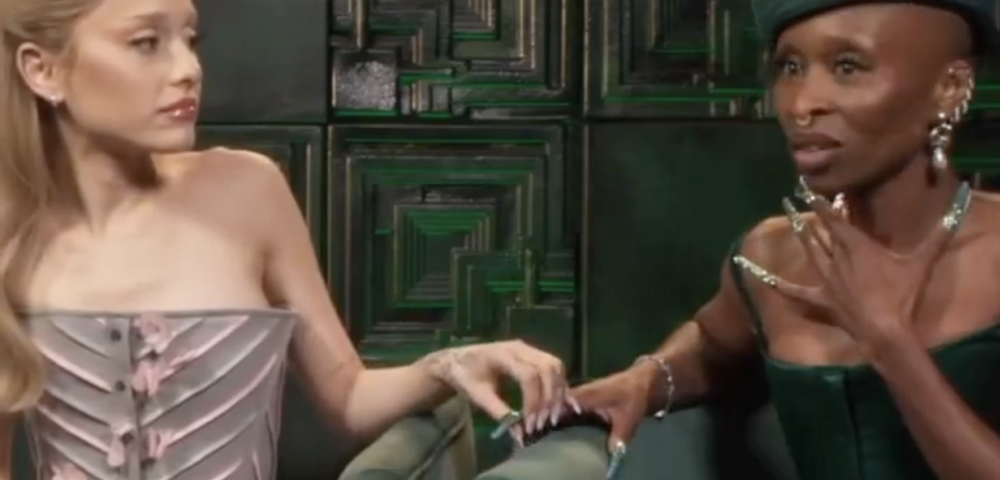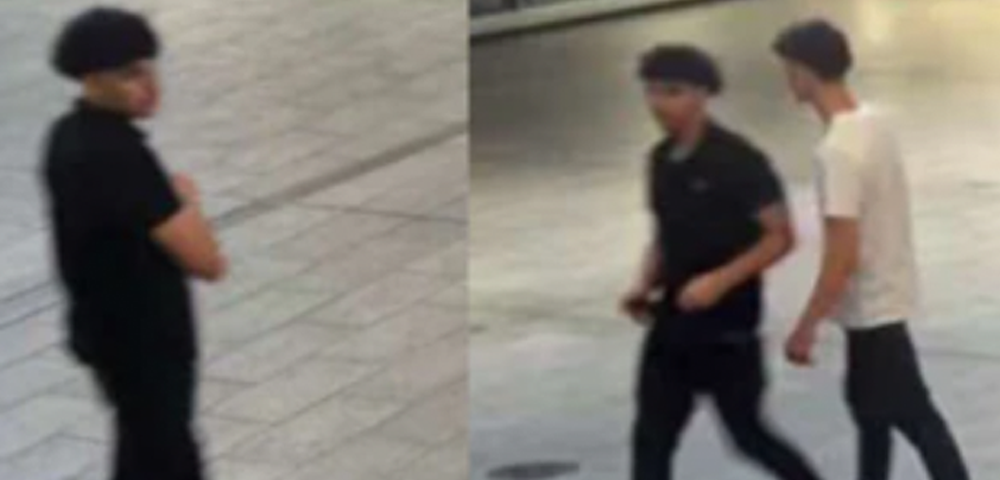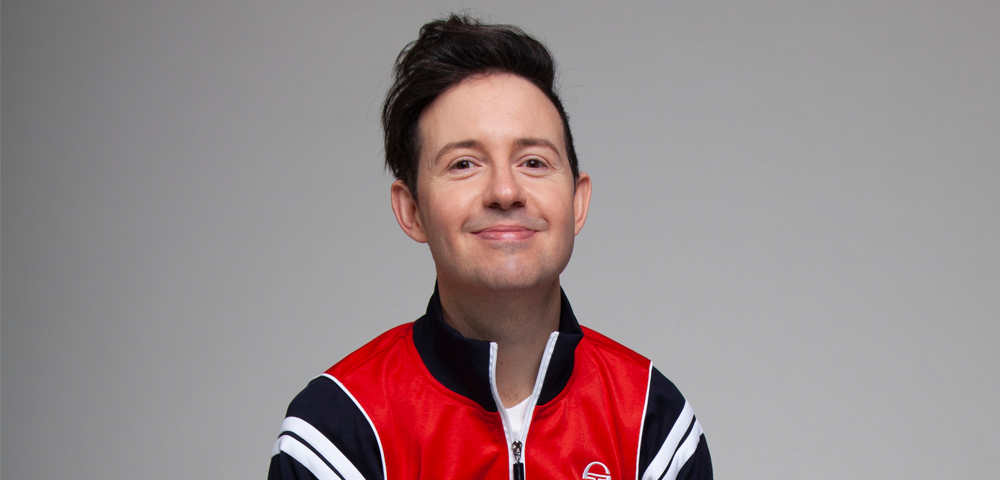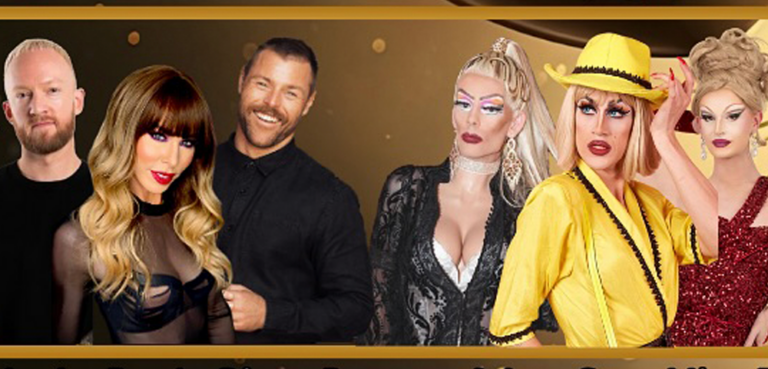
Tribute To A Queer Mum
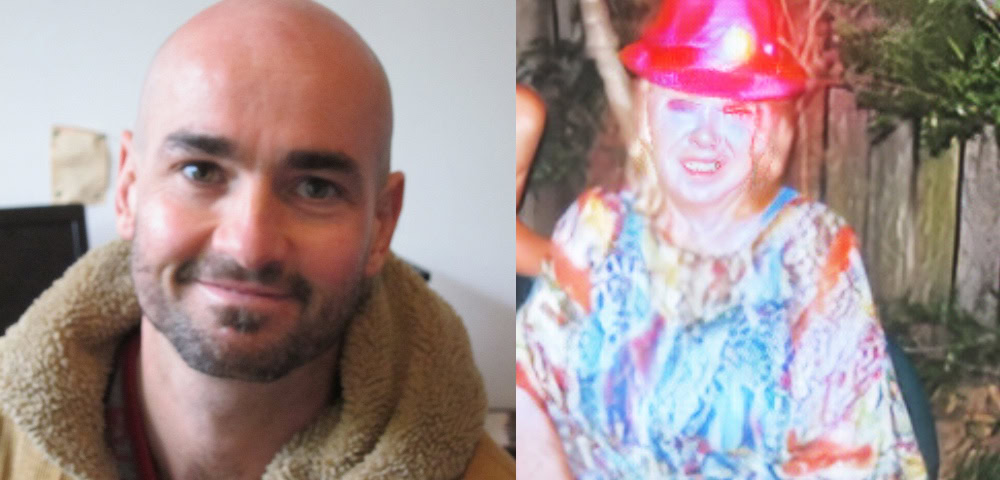
My mother Helen passed away last month. She was diagnosed with breast cancer five years ago but was on a steady road to recovery. The cancer spread to her bones over summer and she was gone within weeks. She was unconscious most of the time. We didn’t get a chance to say a proper goodbye.
Our relationship was complicated. My mother was a heavy drinker, and had troubled relationships with men. We faced poverty and domestic violence. I don’t think she knew I was queer growing up.
It was a different era in Queensland and we couldn’t talk about it. I was bashed and bullied and felt like she didn’t protect me. I resented her for a long time.
Finding My Queer Community
I left Queensland when I was twenty and moved to Sydney to find queer community. Things didn’t go to plan. I felt out of my depth in the city. Drugs were a quick escape from low self-esteem and the wounds from a homophobic past. My mother and I shared harsh words and angry phone calls. We both struggled with our mental health, and couldn’t find our way in the world.
Some years later I was diagnosed with AIDS. I hadn’t seen her for a long time, but she came to the hospital. It was a confronting scene. My immune system was wiped out. My mouth was smothered in coldsores and I was delirious from the drugs being pumped into me. I couldn’t stand the sight of myself, and I was too ashamed to look at my mother.
Recovery didn’t seem possible. I spent a month in hospital with my mother close by. She bought me comfortable pyjamas. She made phone calls and paid my bills. She bought lunch and dinner because I couldn’t stand the hospital food. She sat on the bed and nursed me. She held me in her arms and I bawled.
Not All Peace And Love
It wasn’t all peace and love. We dredged up the past and it was bitter and uncomfortable. I told her I didn’t feel supported as a queer teenager. I said she didn’t stop the bullying. She took responsibility for some things, but refused to acknowledge others. There were tense exchanges and awkward moments. Sometimes she wanted to leave – but she stayed. We worked through a lot of ‘stuff’ and wiped the slate clean.
Things changed after that. It was a new beginning for us. I stopped using drugs and she stopped drinking. We both transformed for the better.
We caught up each year in Sydney. I showed her my favourite places like Surry Hills and Newtown. We took the ferry to Manly and the bus to Coogee beach. We met for coffee on Oxford Street. We went to the Mardi Gras and lost ourselves in the crowd. My mother was dazzled by the vibrant floats and sassy performers. She had an eccentric personality and revelled in the celebration.
A Staunch Ally
My mother became a staunch fan of the queer community. She joined PFLAG and read about queer history and the heroes of our cause. She was a big hit at parties. She loved my queer friends and they adored her.
As soon as she knew I was HIV Positive, she stepped up as a mother. For the last 22 years she encouraged me through the physical and emotional challenges of living with HIV, and HIV stigma.
In 2017 I got a phone call from my mother. She calmly said she was diagnosed with breast cancer. She chose to have a mastectomy right away. I thought it was a daunting prospect for any woman to face. The surgery took a lot out of her but it had great results.
I was amazed how well my mother was going. She was 77 and slowing down, but her health never seemed in doubt. I took it for granted the cancer was under control. I deeply regret making that assumption.
The cancer spread to her bones at the end of 2021 but she didn’t tell me. I guess she was trying to be brave. She underwent a course of immunotherapy but it failed.
I Wanted To Be There For Her
My mother was admitted to hospital in February. After a phone call to her oncologist, it was clear she had little time. She’d lost half her body weight and her organs were failing.
The moment I saw her, I flashed back to our last stint in hospital. She was there for me, and I wanted to be there for her. I spent hours by her side, spooning custard into her mouth and encouraging her to sip water. I brought her protein shakes and pumpkin soup.
I desperately wanted a conversation with my mother, but she was unconscious most of the time. Now and then she opened her eyes. She couldn’t recognise me and needed morphine for pain.
My mother and I had a week together. I ached with grief for not knowing the cancer had spread, and not spending more time with her. I told her I loved her again and again. I thanked her for being a wonderful mum and a beautiful person.
James May is a freelance writer and support worker.
